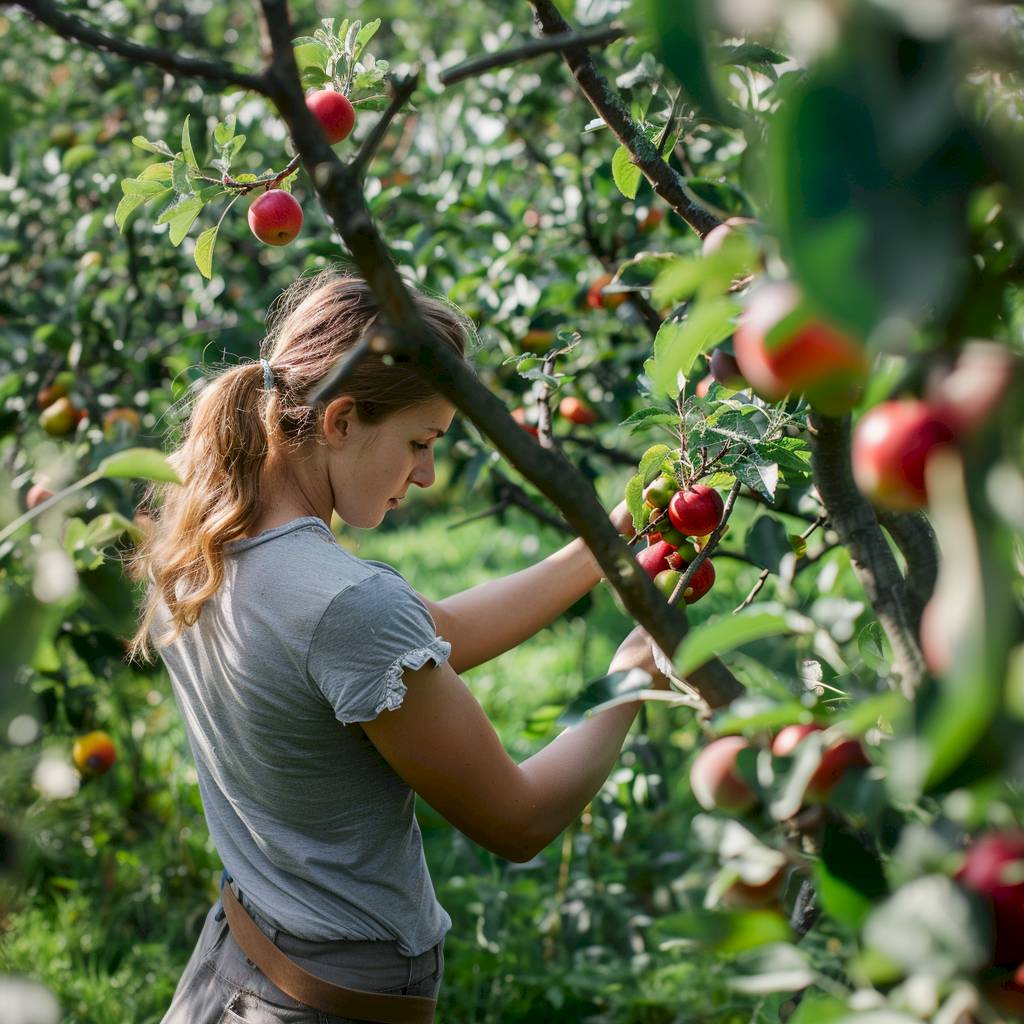International biodiversity and food safety

The Role of Decentralized Agroforestry
Decentralized agroforestry, an approach integrating trees, crops, and sometimes livestock within agricultural landscapes, presents a multifaceted solution to several pressing global challenges. Unlike large-scale monocultures, which dominate industrial agriculture, decentralized agroforestry systems are typically smaller in scale and tailored to the local environment. This approach can significantly enhance food safety and biodiversity. By diversifying production and embedding sustainability into agricultural practices, decentralized agroforestry not only bolsters ecosystem resilience but also promotes safer, more nutritious food supplies.
Promoting Food Safety
Food safety, a critical issue globally, is often compromised by the reliance on industrial agricultural practices that can lead to contamination and reduced food quality. Decentralized agroforestry systems, by their very nature, mitigate many of these risks. These systems reduce the need for chemical inputs like pesticides and fertilizers, which are commonly associated with large-scale monocultures. Instead, they rely on natural processes and biodiversity to manage pests and enhance soil fertility. For example, the integration of nitrogen-fixing trees and shrubs can improve soil health and productivity without synthetic fertilizers, leading to healthier crops that are less likely to carry chemical residues.
Moreover, the diversified nature of agroforestry systems reduces the likelihood of pest and disease outbreaks, which are more prevalent in monoculture systems where a single pest can devastate large areas of crops. By cultivating a variety of species, agroforestry disrupts the lifecycle of pests and promotes a balanced ecosystem where natural predators keep pest populations in check. This ecological balance enhances the overall safety and quality of food produced, reducing the risk of contamination and spoilage.
Supporting Biodiversity Conservation
Biodiversity loss is one of the most significant environmental challenges today, often driven by expansive, single-crop farming systems that lead to habitat destruction and ecosystem degradation. Decentralized agroforestry can counteract this trend by creating diverse agricultural landscapes that provide habitats for a wide range of plant and animal species. The integration of trees and other perennials in farmland increases the structural complexity of agricultural landscapes, offering niches for various organisms and enhancing overall ecosystem diversity.
These systems also support a higher diversity of crops and livestock, contributing to genetic diversity within the agricultural ecosystem. This diversity is crucial for the resilience of food systems, providing a buffer against diseases, pests, and climate extremes. For instance, traditional agroforestry systems often include a mix of staple crops, fruits, nuts, medicinal plants, and forage species, which together create a robust and diverse agro-ecosystem. This mix not only supports biodiversity but also offers multiple sources of food and income for farmers, reducing their dependence on a single crop and enhancing their resilience to market and climate shocks.
Enhancing Ecosystem Services
Decentralized agroforestry enhances ecosystem services essential for sustainable agriculture and human well-being. Trees and perennial plants in agroforestry systems contribute to soil conservation by reducing erosion and improving water retention, which is vital for maintaining soil health and productivity. They also enhance carbon sequestration, mitigating climate change impacts by capturing atmospheric carbon and storing it in biomass and soils.
Moreover, the presence of diverse plant species improves pollination services by supporting pollinator populations, which are crucial for the productivity of many crops. Agroforestry systems can also regulate local microclimates, providing shade and reducing wind speeds, which can protect crops and increase their yield and quality. These benefits collectively enhance the sustainability and resilience of agricultural systems, supporting both food security and environmental health.
Empowering Local Communities
Decentralized agroforestry empowers local communities by fostering sustainable livelihoods and enhancing food security. Smallholder farmers, who are often the primary practitioners of agroforestry, gain multiple benefits from the diverse production systems. They can produce a variety of foods for their own consumption, reducing their dependence on external markets and increasing their food sovereignty. The diverse outputs from agroforestry systems—ranging from fruits and nuts to timber and non-timber forest products—also provide multiple income streams, enhancing economic resilience.
Furthermore, agroforestry practices often align with traditional and indigenous knowledge systems, supporting cultural heritage and local knowledge. By promoting sustainable land-use practices, decentralized agroforestry can help preserve these valuable cultural resources and enhance community cohesion.

